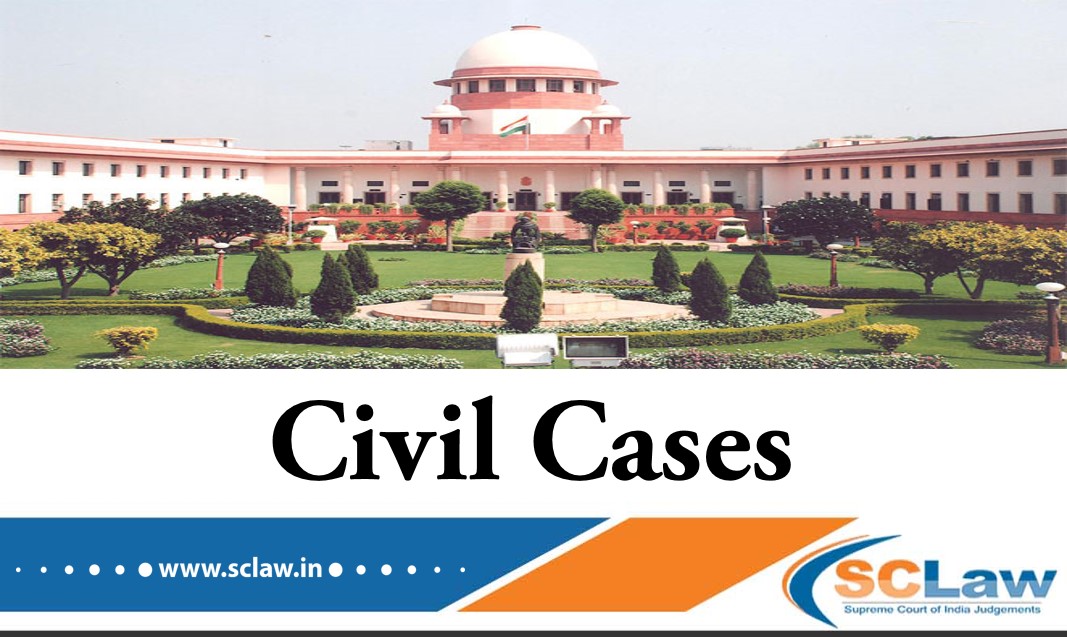Foreign Exchange Regulation Act, 1973 Section 6 – HELD under Rules, the Banks are required to preserve the record for five years and eight years respectively. On this ground also, permitting the show cause notices and the proceedings continued thereunder of the transactions which have taken place much prior to eight years would be unfair and unreasonable. No order in writting of RBI produced for maintaining record for longer time period
SUPREME COURT OF INDIA DIVISON BENCH UNION OF INDIA AND ANOTHER — Appellant Vs. CITI BANK, N.A. — Respondent ( Before : B.R. Gavai and Pamidighantam Sri Narasimha, JJ. )…


